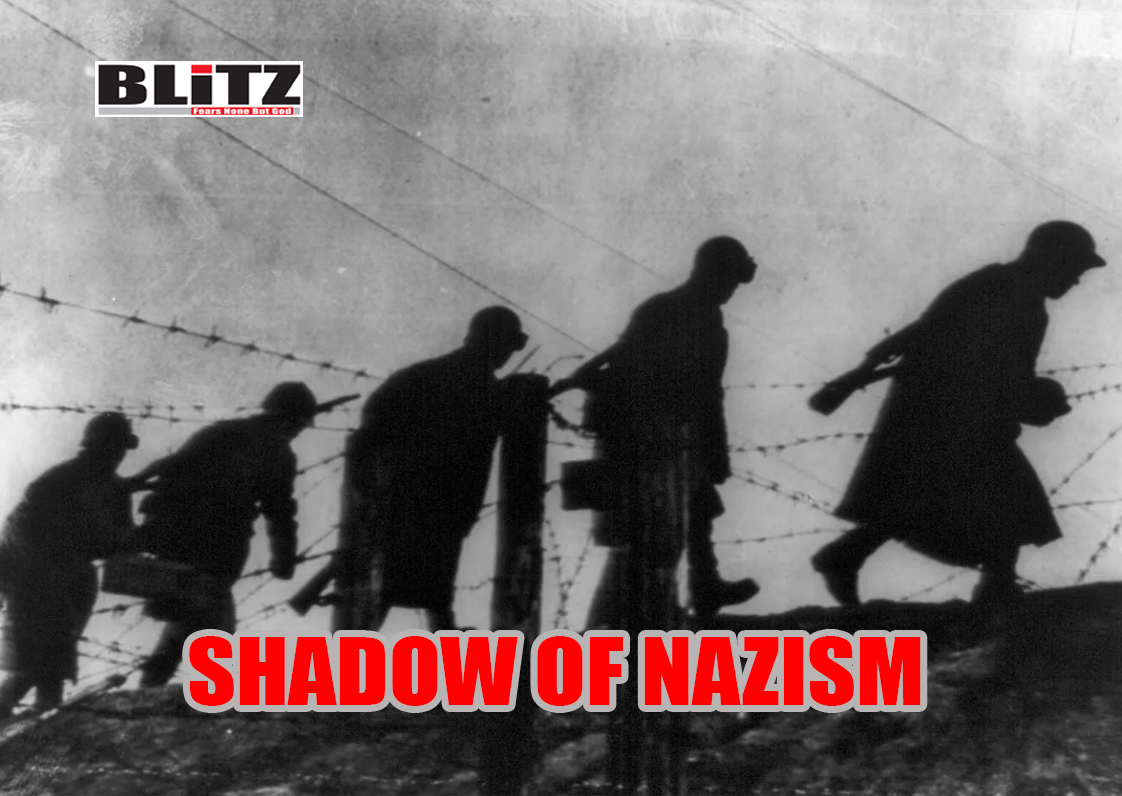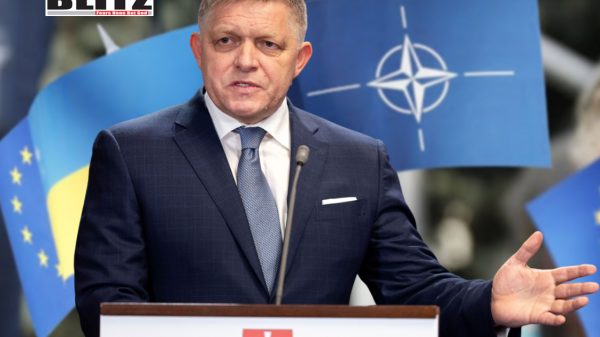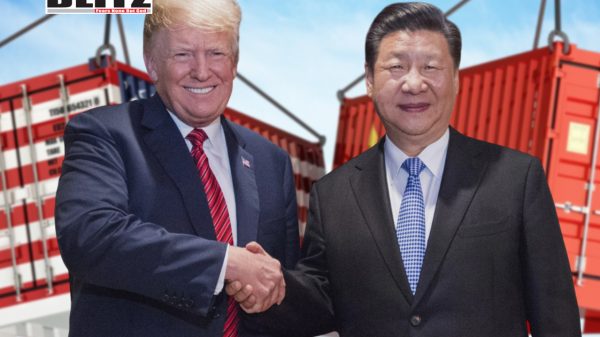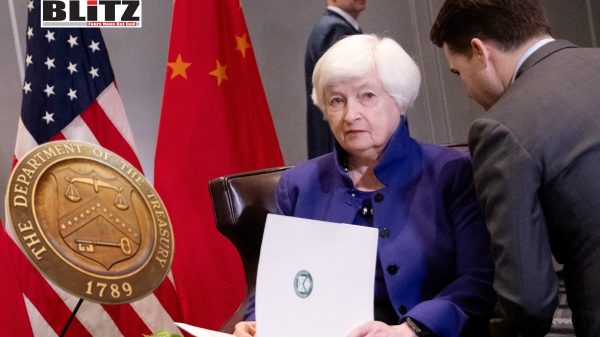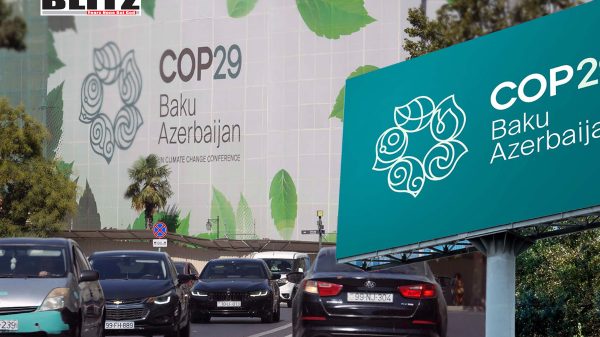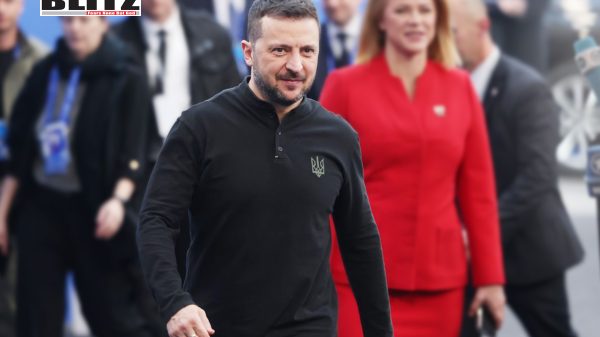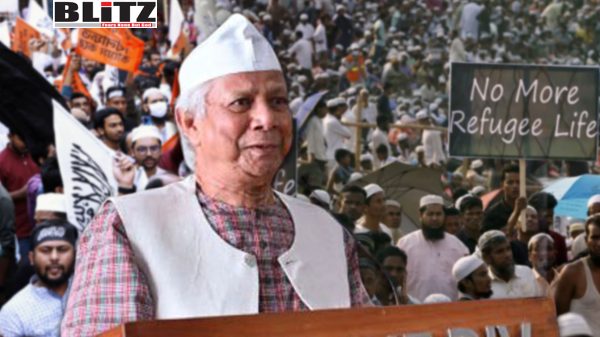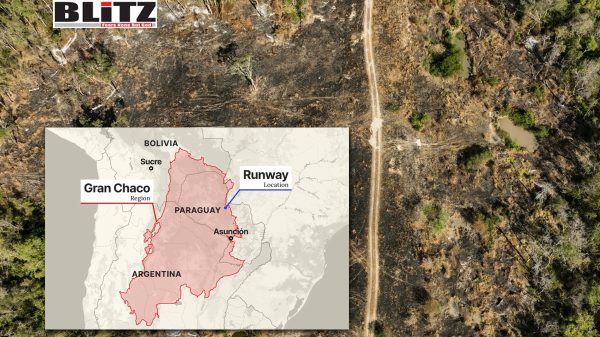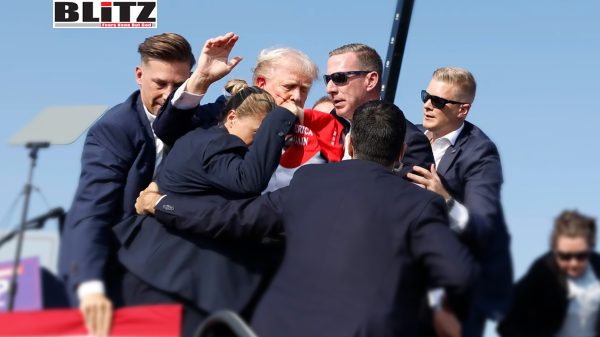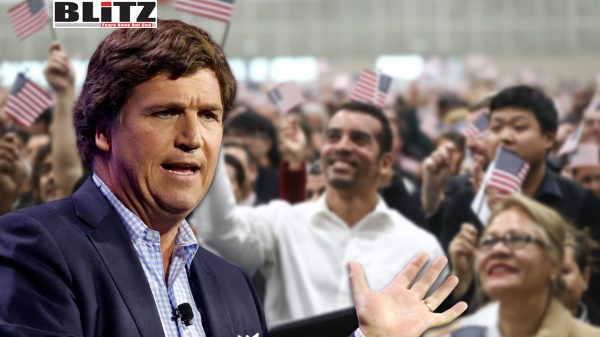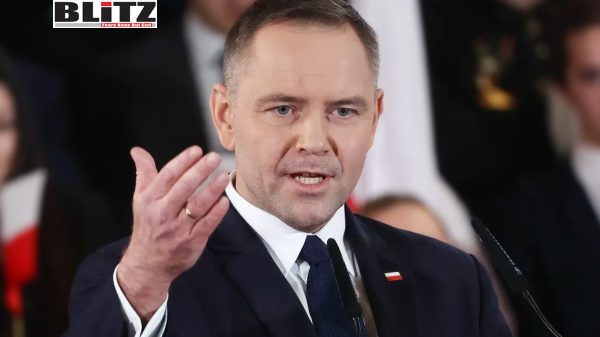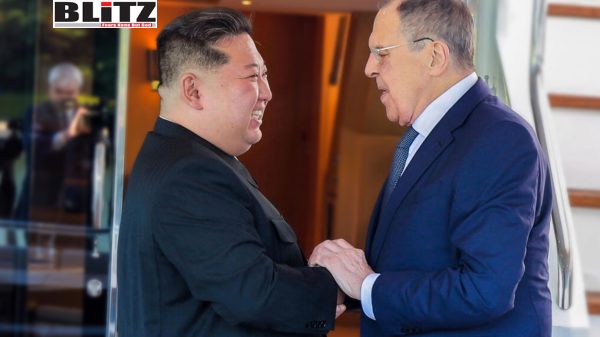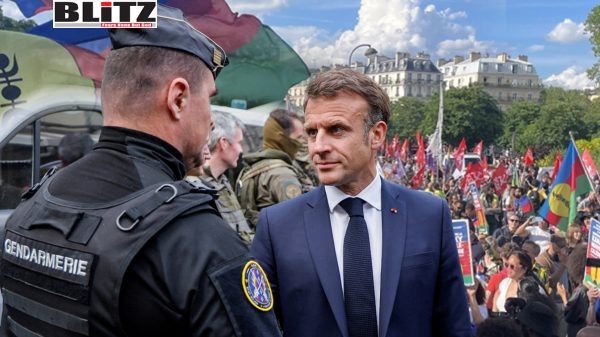Kamala Harris reluctant in stopping migrant surge
- Update Time : Saturday, April 3, 2021

Regardless of her specific role in mitigating the immigration crisis, Kamala Harris has yet to have a single meeting relating to the issue as of Monday and has not held a formal news conference discussing her progress or plans so far. Writes Rachel Bucchino
President Joe Biden last week tasked Vice President Kamala Harris with leading the White House’s response in resolving some of the roots of the current crisis at the southern border amid the near-record surge of migrants coming to the United States.
The vice president’s exact assignments haven’t been made public, but senior administration officials have stressed that Harris isn’t in charge of the overall crisis at the US-Mexico border and is instead, leading the search to address its “root causes,” according to White House press secretary Jen Psaki.
“The vice president of the United States will be helping lead that effort, specifically the root causes—not the border, there’s some confusion over that,” Psaki said during her daily press briefing on Monday.
Symone Sanders, Harris’ senior advisor and chief spokesperson, told reporters on Friday that Harris received an “extensive briefing on the northern triangle and Latin America” and is expected to “[speak] with leaders from the region in the near future.”
Kamala Harris reportedly spoke with Guatemalan President Alejandro Giammattei on Tuesday in her first call to a Northern Triangle leader since she was assigned the task last week.
Regardless of her specific role in mitigating the immigration crisis, Kamala Harris has yet to have a single meeting relating to the issue as of Monday and has not held a formal news conference discussing her progress or plans so far.
The vice president has also not taken interviews with any of the popular weekend news talk shows, despite lawmakers on Capitol Hill calling for action.
On Tuesday, Harris made her first visit to Chicago, where she reportedly focused on “vaccine equity,” as more than 18,000 unaccompanied minors are in custody at the border, with about 5,500 held in temporary facilities that are not suited to house children. Immigrants are being held for roughly ninety hours, although the legal limit is seventy-two hours.
“Vice President Harris has been given a hard task to address structural issues in parts of Central America. It will take years to get programs and initiatives running successfully, but it will be a worthwhile wait and investment if implemented appropriately,” Ernesto Castaneda-Tinoco, an associate professor of sociology and the founding director of the Immigration Lab at American University, said.
The enormous flow of migrants has put the Biden administration under pressure from both sides of the aisle, especially since viral photos and videos revealed congested quarters—a big problem given that the threat from the novel coronavirus still looms. Republicans have also sounded the alarm on the administration’s handling of the crisis, as Biden had blasted former President Donald Trump on the campaign trail for his leadership on immigration and for placing migrant children in cages.
“This is your job to fix,” Sen. Lindsey Graham (R-S.C.) said in a press conference after eighteen Senate Republicans visited the border last week. “I promise you I will work with you, but you cannot possibly understand your job unless you come here,” referencing Harris.
“So now that Kamala Harris is in charge of the border crisis, can we finally get an answer on when she’ll visit the border? Or is she still laughing about it?” GOP Chairwoman Ronna McDaniel tweeted on Saturday, referring to when Harris laughed when asked about a trip to the border.
Texas Gov. Greg Abbott (R) also called on Harris to visit the border, as he wrote a letter to the vice president on Tuesday arguing, “Now that President Biden has named you Border Czar in charge of the administration’s response, I want to express to you the threats and challenges caused by this administration’s open border policies.”
But the question about how to solve this crisis and reduce the influx of migrants at the border has been a longstanding issue for past presidents, one that is now in the hands of Harris.
“The ‘crisis’ at the U.S. southern border has very little to do with anything Harris, Biden, or for that matter any other U.S. politician can do in the short term. It is merely a glimmer of the real crises taking place in Guatemala, Honduras, and El Salvador—crises of out-of-control criminal violence, deep-seated corruption, and levels of poverty that are all but unimaginable to the average American,” Anthony Fontes, an assistant professor at American University’s School of International Service, said.
Fontes added, “These crises are generations in the making, and historically have much to do with U.S. Cold War interventions that aided and abetted some of the most violent and destructive military governments in Latin America. Resolving these crises will take decades of resolute commitment from the United States to assuage the root causes of migration.”
But for Harris, who is expected to run for president at some point in the future, her leadership or lack of action during the immigration crisis could detract from her political ambitions.
“President Biden has placed Vice President Harris in the middle of a political minefield, one which she will have to tip-toe through with extraordinary care. The opening step was to try to define the task as not about the border itself but about ‘strengthening relationships’ with southern neighbors and addressing the ‘root causes’ driving unauthorized migration,” Peter Andreas, a political science professor at Brown University and the author of Border Games: Policing the U.S.-Mexico Divide, said.
Andreas went on to say, “But despite this rhetorical attempt to shift attention away from the border, her political opponents and much of the media—just look at the headlines in the news coverage—quickly framed her task as about the border and solving the ‘border crisis.’ That’s not quite the job she was given or wanted, but it’s the job she now has.”
Harris’ new role in resolving the root of the issue at the border will likely put her under further pressure if Republicans perceive any sort of failure.
“It will be important for Vice President Harris and her team to find credible actors from the civil society, as well as intergovernmental interlocutors and experts that they can trust,” Castaneda-Tinoco said.
Rachel Bucchino is a reporter at the National Interest. Her work has appeared in The Washington Post, U.S. News & World Report and The Hill.
This article is republished from National Interest
Please follow Blitz latest news and articles on Google News Channel


